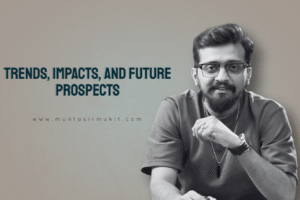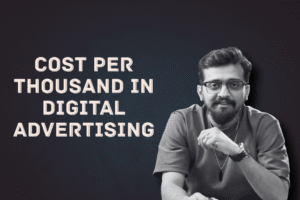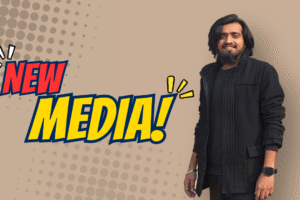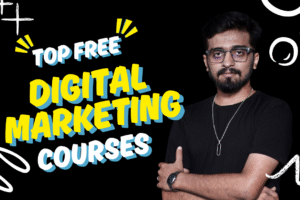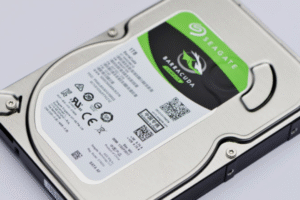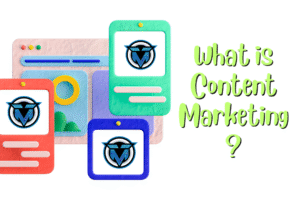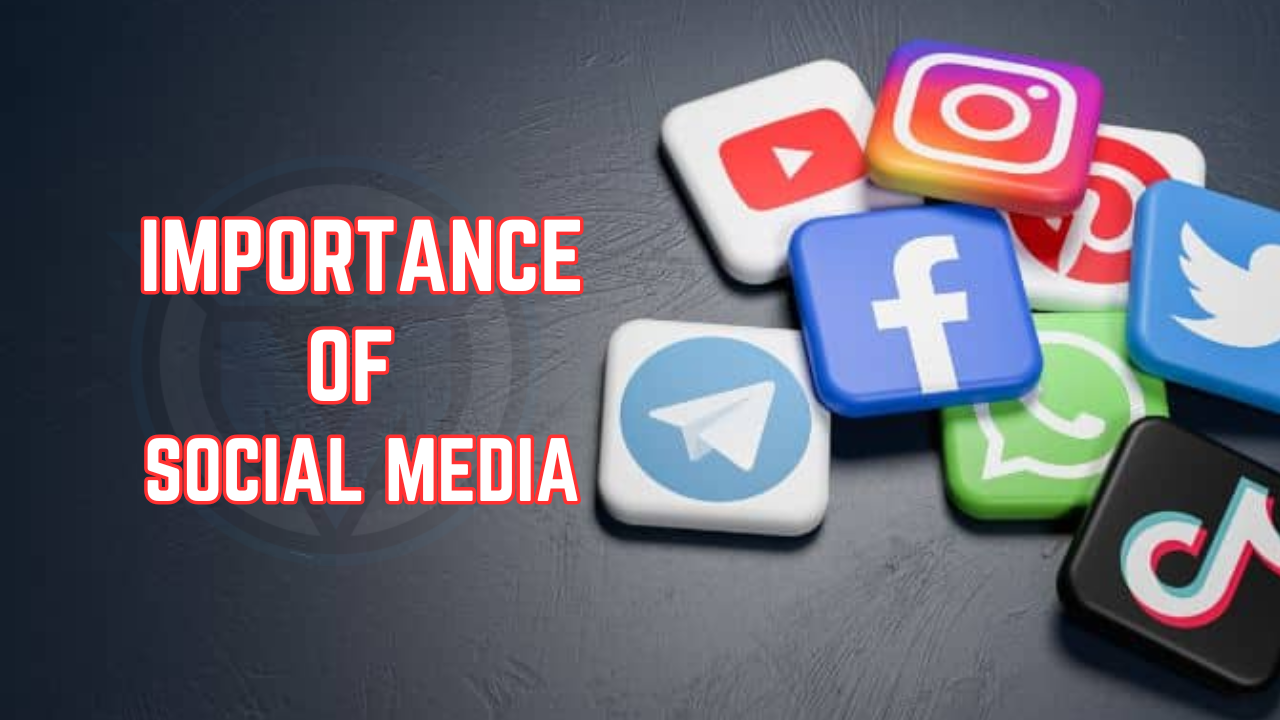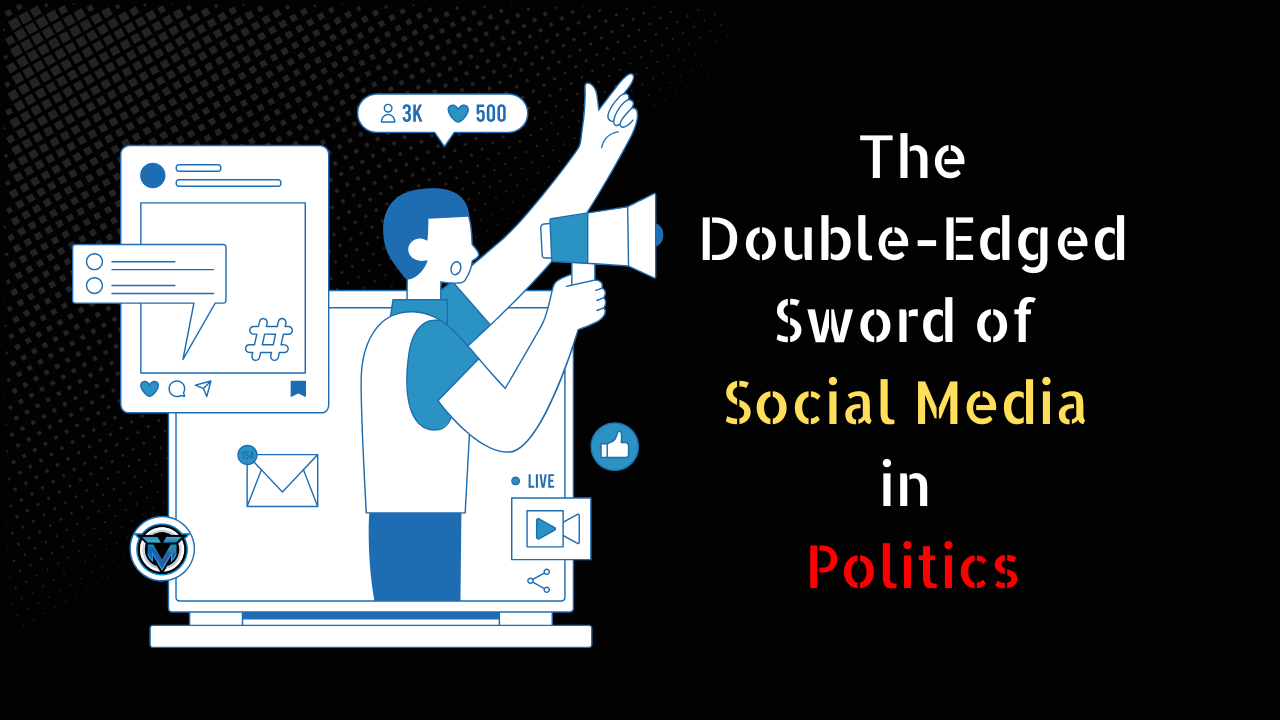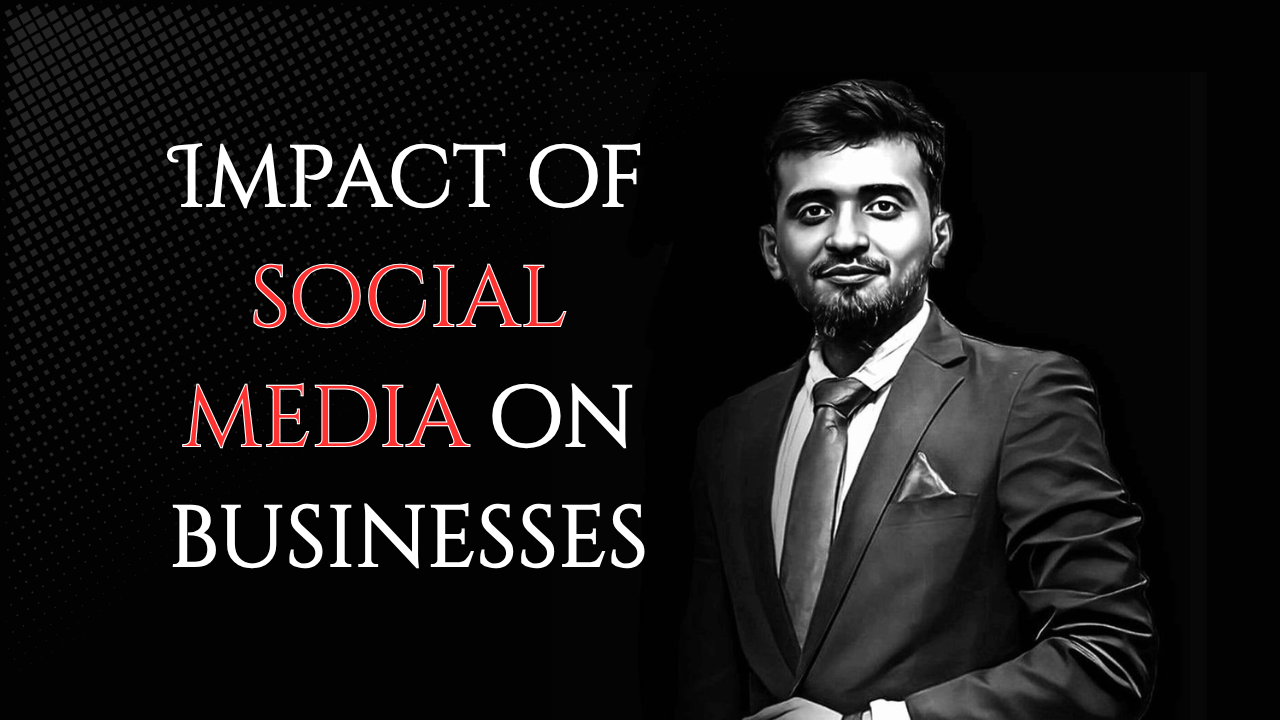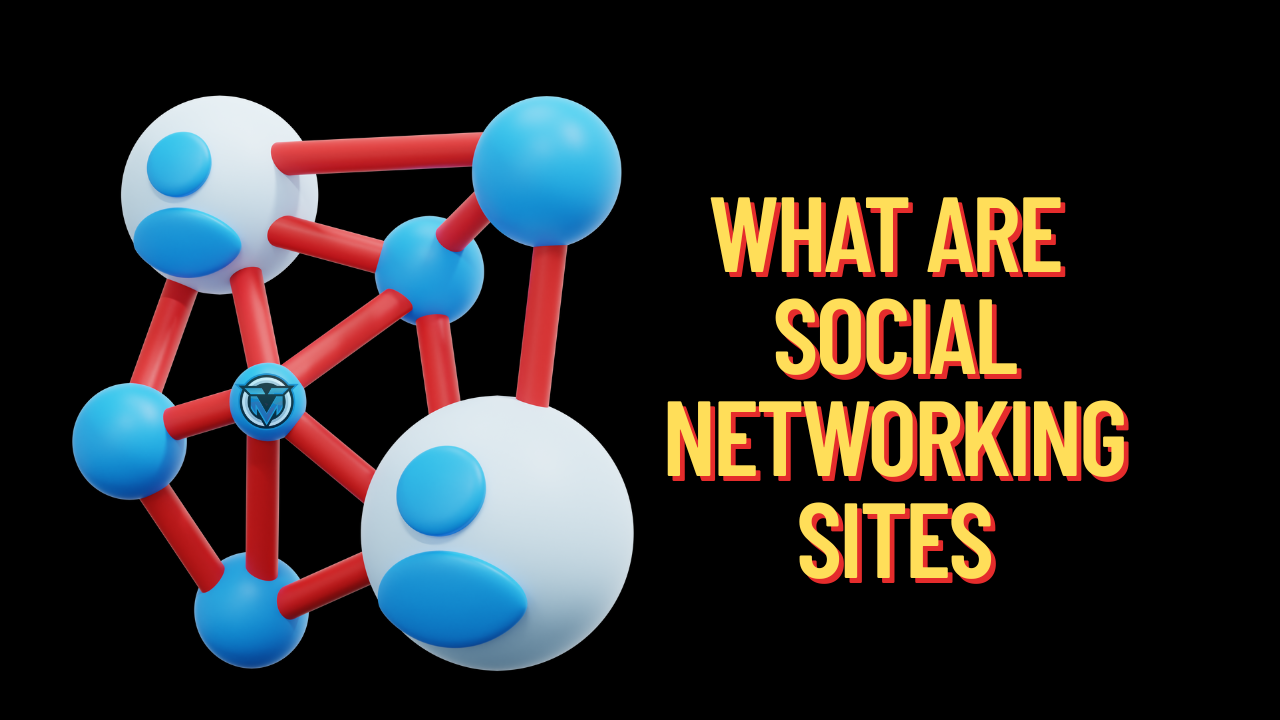In the digital era, few forces have reshaped communication, marketing, and human behavior as powerfully as social media. Once considered a simple tool to stay connected with friends and family, social media has evolved into a global phenomenon that influences how people interact, how brands communicate, and even how news is consumed.
With over 5 billion active users worldwide as of 2025, the impact of social media extends beyond personal use — touching every facet of society including business, education, politics, entertainment, and culture. This article explores the importance of social media, its benefits, and its critical role in shaping the modern world.
What is Social Media?
Social media refers to digital platforms that allow users to create, share, and engage with content or participate in social networking. These platforms include:
- Twitter (X)
- TikTok
- YouTube
- Snapchat
- Threads
At their core, these tools empower users to communicate instantly, share information, and build communities — regardless of location or background.
Why Social Media is Important Today
1. Global Connectivity
Social media has broken down geographical and cultural barriers, making it possible for people around the world to communicate in real time. It fosters global dialogue, facilitates collaborative learning, and helps form online communities based on shared interests or values.
Whether you’re a student in Tokyo or an entrepreneur in Nairobi, social media gives you access to a global audience and a wealth of knowledge.
2. Brand Awareness and Business Growth
For businesses, social media is no longer optional — it’s essential. Here’s how:
- Cost-Effective Marketing: Unlike traditional advertising, social media platforms allow businesses to reach their target audience with minimal budget.
- Brand Personality: Through visuals, videos, and storytelling, brands can build a voice, humanize their message, and establish trust.
- Customer Engagement: Social platforms allow direct interaction with customers, enabling feedback, reviews, and support.
- Lead Generation and Sales: Paid campaigns and influencer marketing strategies are key revenue drivers.
Platforms like Instagram and Facebook even have built-in shopping features, turning profiles into full-fledged digital storefronts.
3. Real-Time News and Information
Social media is now a major source of breaking news and real-time updates. While traditional media outlets still play a role, platforms like Twitter and Reddit offer user-generated news that spreads quickly — sometimes even before mainstream outlets catch up.
During crises, natural disasters, or political events, social media serves as a lifeline for live information, emergency alerts, and crowd-sourced updates.
4. Education and Learning
The educational landscape has been greatly enriched by social platforms:
- Online Study Groups: Students use platforms like Facebook and Discord to collaborate on projects and share resources.
- Educational Content Creators: YouTube educators, podcast hosts, and LinkedIn instructors offer free and paid learning content on nearly every topic.
- E-Learning Promotion: Schools and online course providers use social media to promote programs, conduct webinars, and engage with learners.
Social media supports lifelong learning, making education more accessible than ever before.
5. Voice for the Voiceless
One of social media’s most transformative powers lies in its ability to amplify marginalized voices. From grassroots movements to large-scale protests, platforms have enabled social activism, raising awareness about critical issues like climate change, gender inequality, racial injustice, and human rights.
Campaigns like #MeToo, #BlackLivesMatter, and #FridaysForFuture all gained momentum through the global connectivity of social media.
6. Influencer Culture and Peer Recommendations
Today, people trust influencers and peer reviews more than traditional advertising. Social media allows everyday users to become influential voices in their niches — whether it’s beauty, fitness, tech, or personal finance.
This democratization of influence has shifted consumer behavior, giving rise to micro-influencers, affiliate marketing, and user-generated content as major marketing tools.
7. Recruitment and Career Growth
Platforms like LinkedIn have revolutionized the way professionals connect, companies recruit, and individuals showcase their skills. Through personal branding and professional networking, job seekers and freelancers can:
- Build a digital resume
- Network with industry leaders
- Discover new opportunities
- Share career achievements
Social media has made it easier than ever to create a personal brand and grow professionally.
8. Entertainment and Creativity
Social media is a hub for creativity, where users can share videos, music, artwork, and writing with the world. Platforms like TikTok, YouTube, and Instagram have birthed new generations of creators and given them opportunities to monetize their work.
It’s also a major source of entertainment, from memes and reels to viral dance challenges and reaction videos.
Benefits of Social Media (Summary)
| Benefit | Description |
|---|---|
| Connectivity | Connects people across borders and cultures. |
| Marketing | Helps businesses grow cost-effectively. |
| Information | Provides real-time news and updates. |
| Learning | Facilitates accessible education and resources. |
| Social Change | Raises awareness and mobilizes support. |
| Career Growth | Aids in networking and professional branding. |
| Creativity | Encourages user-generated content and self-expression. |
SEO and Social Media: A Strategic Partnership
Although social media signals aren’t direct ranking factors for Google, they play a vital role in driving traffic, building authority, and boosting visibility. Here’s how:
- Content Distribution: Share blog posts, videos, and resources to increase reach and backlinks.
- User Engagement: Encourage comments, shares, and mentions to increase visibility.
- Influencer Collaboration: Partner with trusted voices to extend your brand reach.
- Search Optimization: Platforms like YouTube and Pinterest function as search engines, so optimizing your content with keywords, hashtags, and titles is crucial.
Risks and Responsible Use
While social media has countless benefits, it also has challenges that require attention:
- Misinformation: False news and clickbait can spread rapidly.
- Privacy Concerns: Personal data can be misused or stolen.
- Addiction and Mental Health: Overuse may lead to anxiety, stress, or digital burnout.
- Cyberbullying and Harassment: Especially concerning for younger users.
Responsible social media use includes verifying sources, limiting screen time, and protecting your data.
Why Social Media Matters More Than Ever
Social media is no longer just a trend — it is a permanent fixture of modern life. Whether you’re a business owner, student, influencer, or everyday user, social platforms offer unparalleled opportunities to connect, learn, grow, and engage.
From brand marketing to social change, from entertainment to education, the role of social media continues to expand. Its influence touches nearly every industry and every individual — making it one of the most important digital tools of the 21st century.
